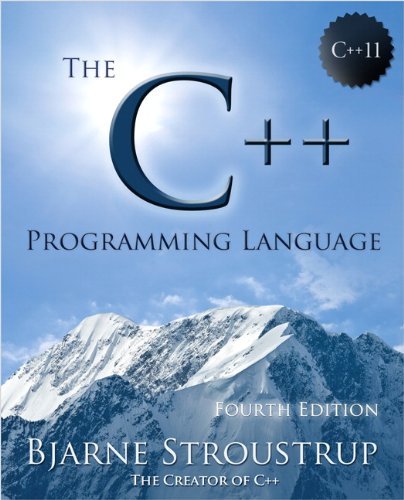Quick Q: What's the right way to use && parameters? -- StackOverflow
From SO:
Correct usage of rvalue references as parameters
Let's take the following method as an example: [...]
void Asset::Load( const std::string& Path ) { // complicated method.... } void Asset::Load( std::string&& Path ) { Load(Path); // call the above method }Is this a correct approach to writing rvalue versions of methods?



